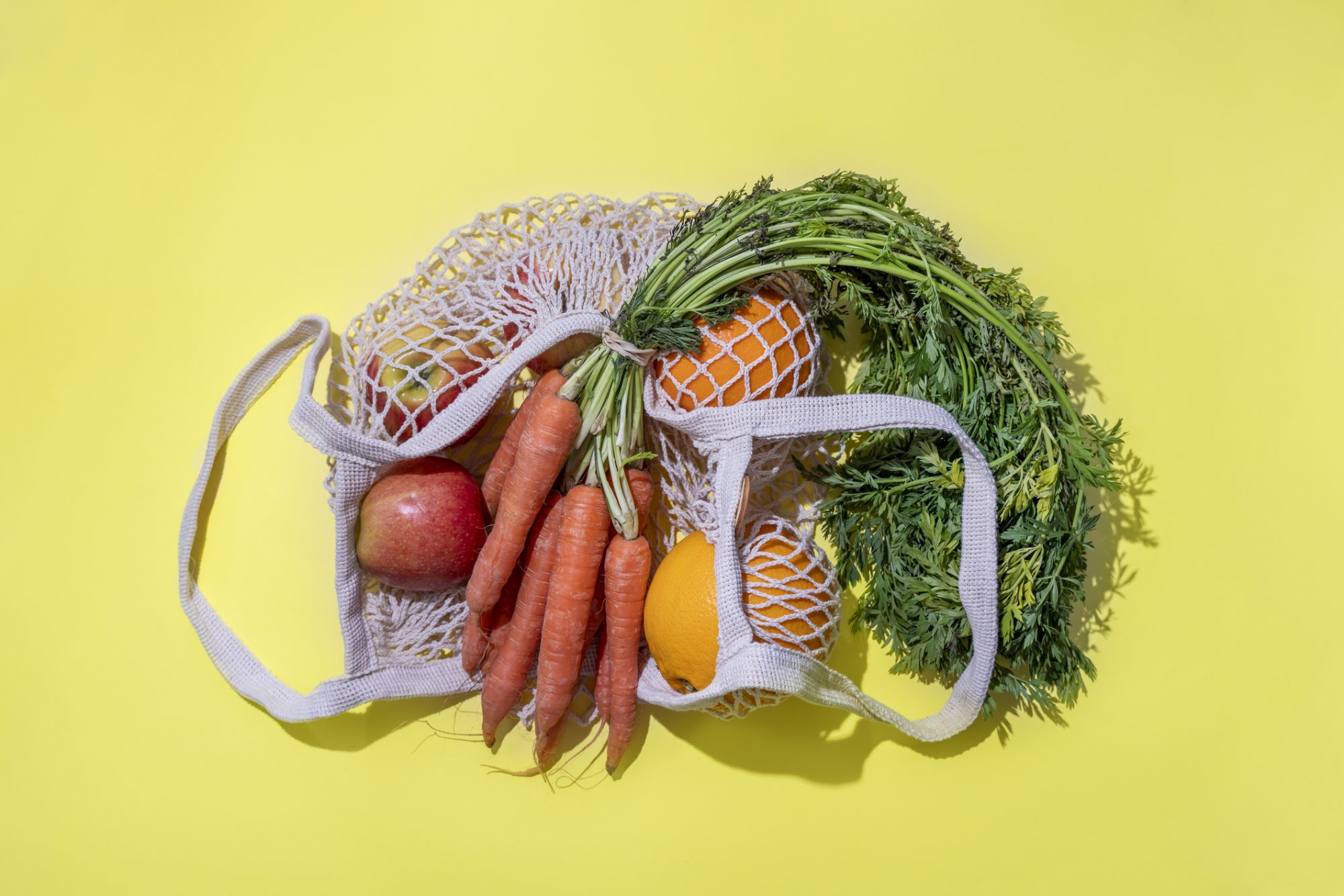
Environmental Working Group (EWG) released its annual lists of the "dirtiest" and "cleanest" produce when it comes to pesticide residues. The lists are similar to last year's—which singled out raisins for the first time—although collard, mustard greens, bell peppers, and hot peppers join the Dirty Dozen. The group is also raising concerns about pesticides on citrus fruit. But the lists and their methods remain controversial.
Using data from the U.S. Department of Agriculture (USDA), EWG determines which produce contains the most and least pesticide residue. Tests are done on fruits and vegetables after they're washed, scrubbed, and peeled. The group says there are pesticide residues on nearly 70 percent of non-organic produce.
Their Dirty Dozen list is made up of fruits and veggies found to have the most pesticide residue. They recommend shoppers choose organic for these.
Dirty Dozen
- Strawberries
- Spinach
- Kale, Collard, and Mustard Greens
- Nectarines
- Apples
- Grapes
- Cherries
- Peaches
- Pears
- Bell Peppers and Hot Peppers
- Celery
- Tomatoes
Their Clean Fifteen list is produce found to have little to no pesticide residues. They say conventional versions of these are fine.
Clean Fifteen
- Avocados
- Sweet corn
- Pineapple
- Onions
- Papaya
- Sweet peas (frozen)
- Eggplant
- Asparagus
- Broccoli
- Cabbage
- Kiwi
- Cauliflower
- Mushrooms
- Honeydew melon
- Cantaloupe
Should You Worry?
Some people view the lists as a quick way to simplify shopping and know where to prioritize spending more on organic. But others say the lists needlessly alarm and guilt shoppers—especially at a time when many families are struggling financially because of the pandemic. Critics also say the lists aren't based in good science. "They don't tell consumers anything about the health or safety of fruits and vegetables. They unnecessarily scare parents over safe and nutritious foods," says Erin aka Food Science Babe, a food scientist and chemical engineer who has amassed nearly 200,000 Instagram followers by dispelling myths about food and the food industry (she does not use her last name due to privacy concerns).
The main criticism of the lists is that the presence of a pesticide residue doesn't mean it's harmful to health. The rankings are based on whether the pesticide is there—not how much pesticide is on the food, especially compared to the amount of that food typically eaten. As the saying goes, "The dose makes the poison."
In a 2011 study published in the Journal of Toxicology, researchers found the pesticide exposures from Dirty Dozen fruits and veggies were so far below the allowable limits that they pose little to no risk to consumers—and that substituting organic produce, as EWG recommends, doesn't actually lower consumer risks. The researchers say that EWG's methods for compiling their lists lack "scientific credibility."
But EWG argues the allowable limits for pesticides aren't necessarily safe. "EPA's tolerances are often far higher than what many scientists believe is safe—particularly for pregnant women, babies, and young children," says EWG president Ken Cook in a press release.
For instance, EWG says there were 115 pesticides residues found on peppers, the most on any produce item. These include chlorpyrifos, a pesticide the EPA proposed banning in the past and that the American Academy of Pediatrics has expressed concerns about.
While citrus didn't make the Dirty Dozen list, EWG says USDA data plus their own lab testing shows samples contained hormone-disrupting fungicides. For the second year, it again singled out raisins, which they say have residues of at least two pesticides. Kids eat roughly half of the raisins consumed in the United States.
What Parents Can Do
First and foremost: Feed your family lots of fruits and veggies, whether they're organic or not. The science is still out on whether eating organic is any healthier than eating conventional—but science is clear that a diet rich in fruits and vegetables is good for health.
"Parents should not feel guilty for feeding their children healthy conventional fruits and vegetables," says Carl Winter, Ph.D., a specialist in cooperative extension at the University California Davis Department of Food Science and Technology, who published his findings in the Journal Of Toxicology. "There is no legitimate evidence demonstrating that consuming conventional fruits and vegetables is of harm, but plenty of evidence showing that reducing consumption of fruits and vegetables is harmful."
Even EWG stresses that you should eat plenty of fresh fruits and vegetables, regardless of whether they're organic or conventional.
But here's a good tip: wash all produce—organic or conventional—before eating it. And vary the kind of fruits and vegetables you serve to get a variety of different nutrients and reduce your exposure to any one pesticide (remember that organic farming uses pesticides too—they're organic pesticides instead of synthetic).
On a personal note, here's what I do when I'm shopping: I look at my options, and the version that looks best (and that's in our budget) is the one I buy, organic or conventional. Here's what I don't do: Stress and worry about it. I know that providing my family with plenty of fruits and vegetables, and doing it in a way we can afford, is the best thing I can do for our health and well-being.
Sally Kuzemchak, MS, RDN, is a registered dietitian, Parents advisor, and mom who blogs at Real Mom Nutrition, a no-judgement zone about feeding a family. She is the author of The 101 Healthiest Foods For Kids. You can follow her on Facebook and Instagram.
